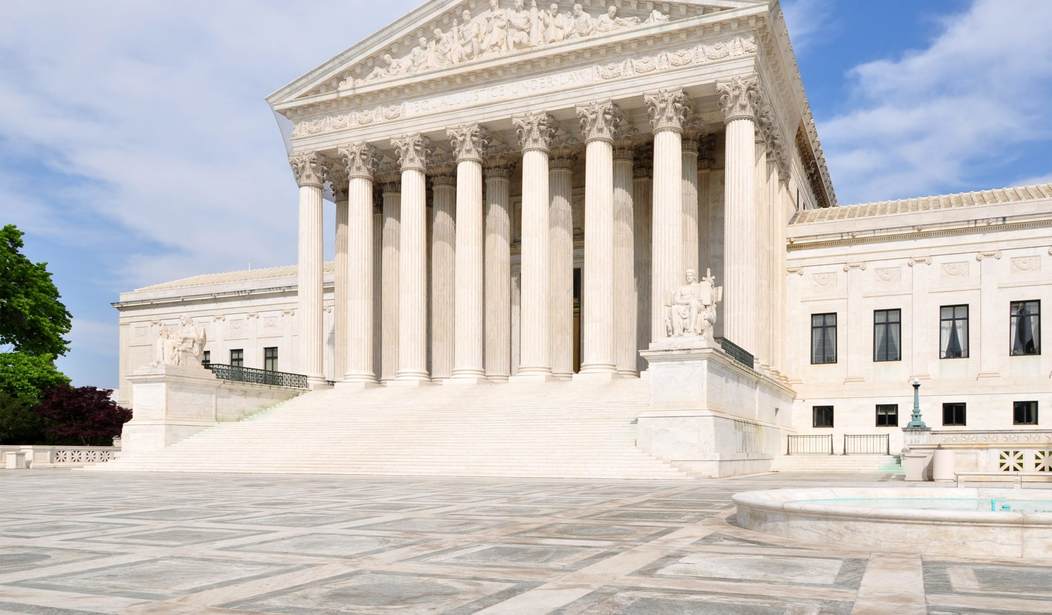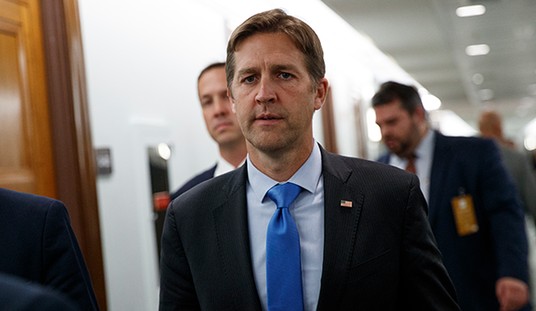Leave it to the New York Sun under the constitutional scholar Seth Lipsky to sort this one out:
The suggestion by the Financial Times that the Senate’s recalcitrance on a replacement for Justice Scalia amounts to “subversion” of the Supreme Court strikes us as all too typical of the loss clarity in respect of the Constitution. It calls the reluctance of the Senate to give an automatic pass to whomever President Obama puts up for the high bench “the most blatant power grab by Republicans in Congress.” It calls it a “naked threat to hijack the nomination process.”
Where the FT really loses it is when it writes: “There is no constitutional basis whatsoever for the idea that a president loses the right to nominate Supreme Court justices , and have the Senate consider them for confirmation, in the final year in office.” What “right”? We ran the complete text of the Constitution through a machine the Sun recently acquired that, using the most advanced circuitry, is able to find and count every use of the word “right” in the entire parchment.
Not once in the 15 times the word “right” appears in the Constitution does the word denote something belonging to the president. The fact is that, except insofar as the President is also a citizen, the Constitution advances to him (or her) no rights at all. He has no right to nominate anyone to any court or ambassadorship or military post. What the Constitution assigns to the President is certain duties. That’s why the Constitution uses the word “shall.”
As in the following sentence, where the relevant presidential duties are delineated: “. . .he shall nominate, and by and with the Advice and Consent of the Senate, shall appoint Ambassadors, other public Ministers and Consuls, Judges of the supreme Court.” This is not a “right” but an obligation, and it’s hard to see how President Obama can dodge sending to the Senate a nominee to fill the vacancy left by the death of Justice Scalia. Mark the distinction. Mr. Obama doesn’t need consent to nominate.
The actual appointment, though, the actual raising up of the nominee to the high bench, this can only be done “by and with the Advice and Consent of the Senate.” Absent that — or a recess of the Senate — the President has no appointment power in respect of the Supreme Court. That power is derivative of the Senate (which is derivative of the States). And there is no timetable or other direction in respect of how or when the Senate must act. So if there is any hijacking being done here it would be of — not by — the Senate.
The Left’s wish for kings — whether in the White House or as the swing vote in a 5-4 court majority — has really gotten out of hand. Maybe, as the late Justice Scalia said, they should try democracy.









Join the conversation as a VIP Member